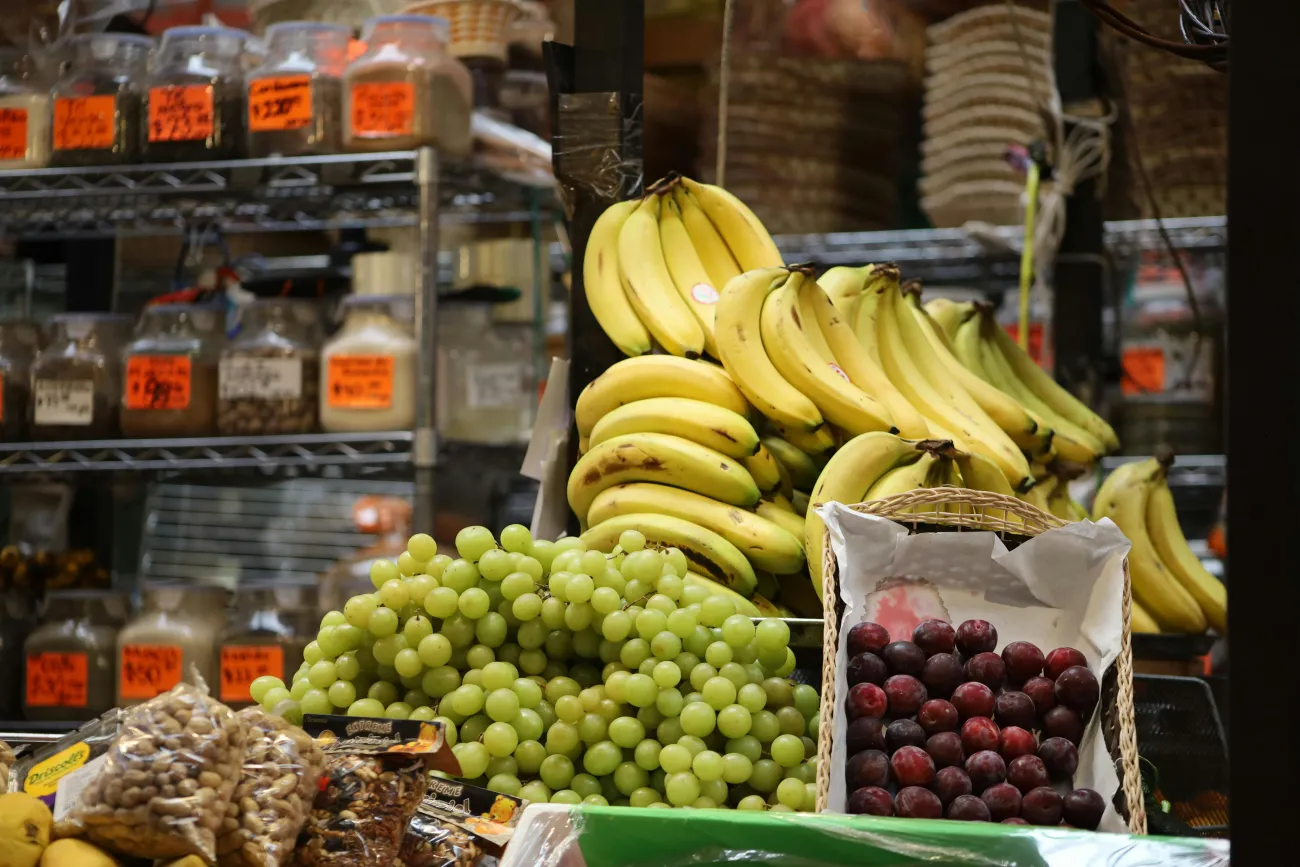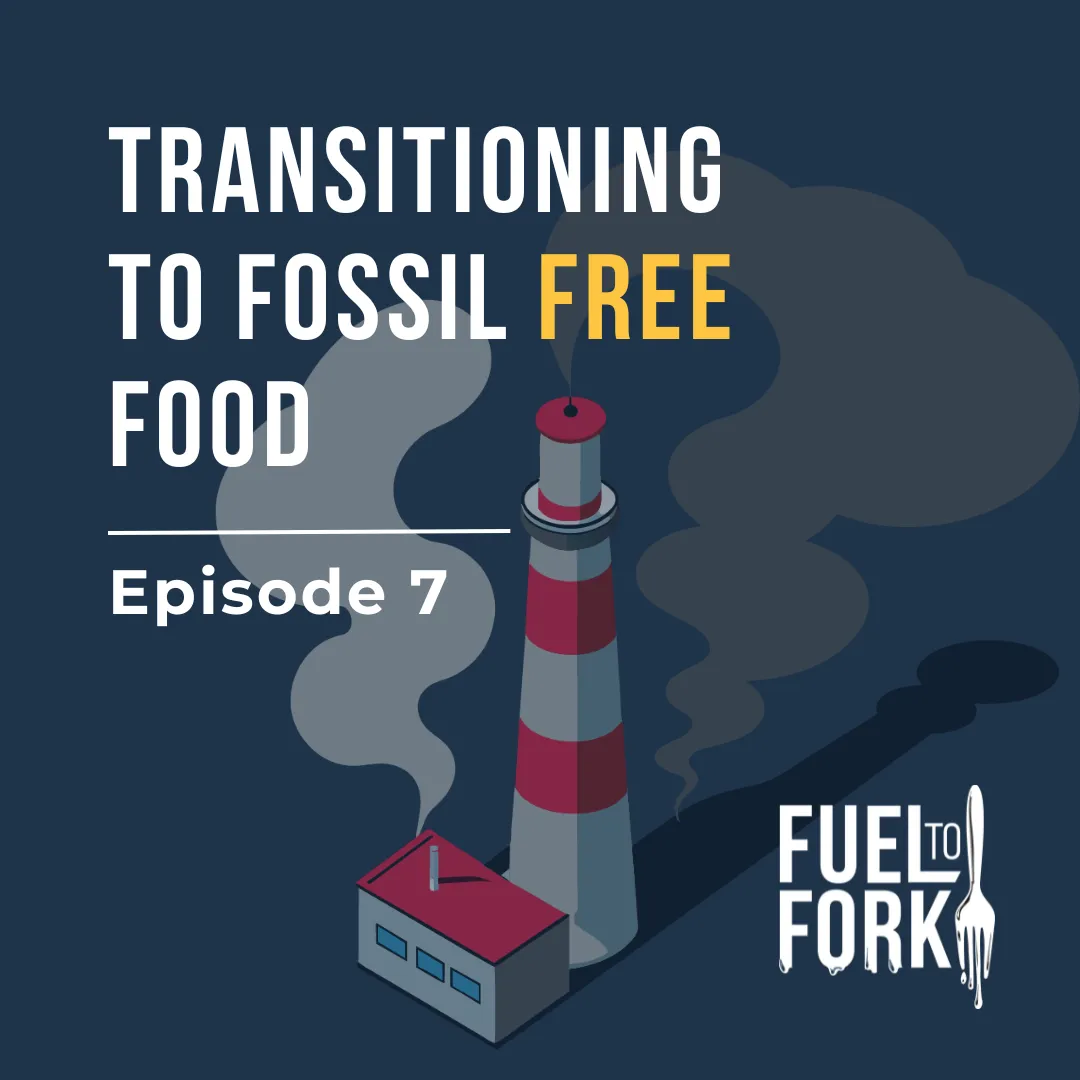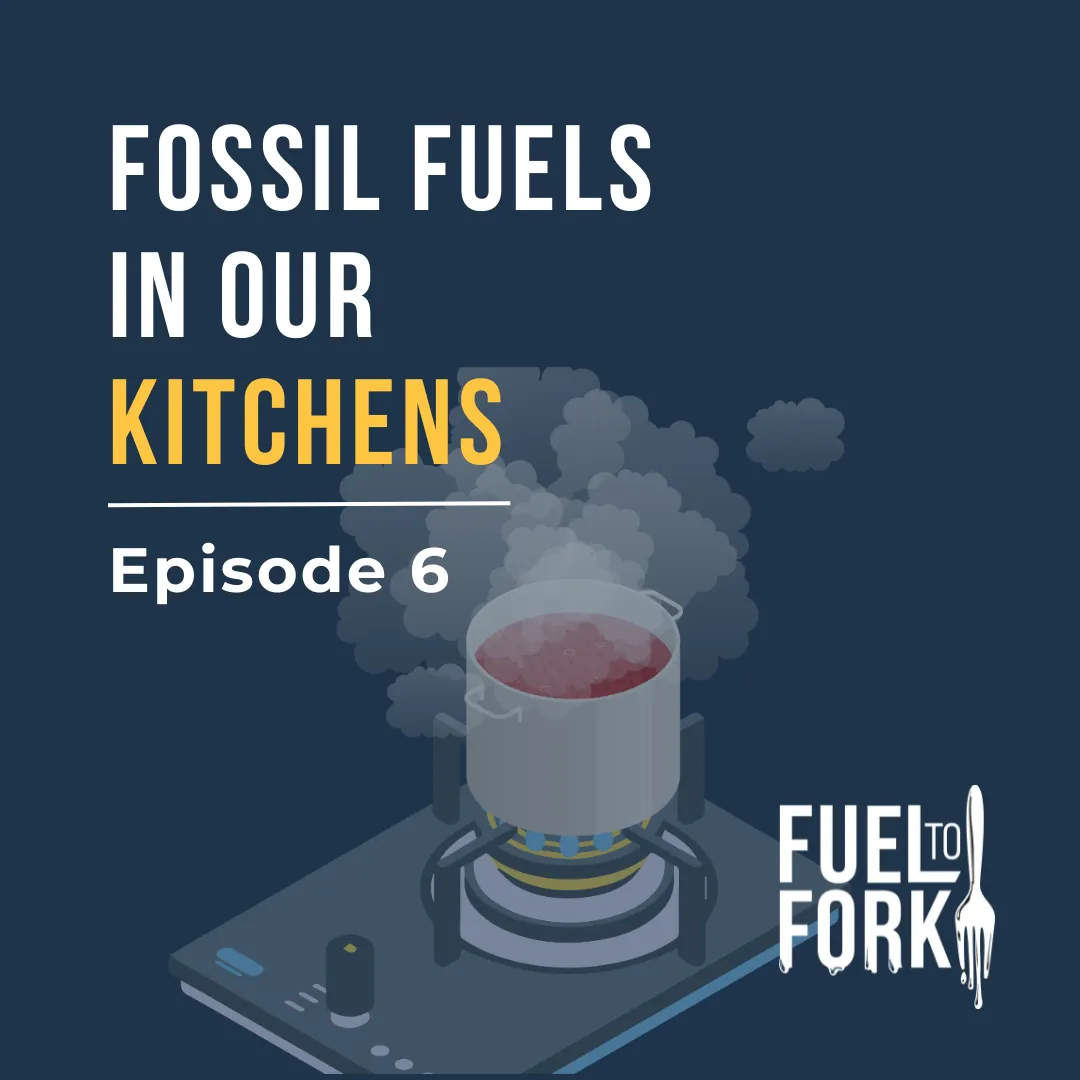This paper looks at the alcohol we consume here in the UK. It considers whether we can quantify in ‘good enough’ terms the contribution that our alcohol consumption makes to the UK’s total greenhouse gas (GHG) emissions.
This paper looks at the alcohol we consume here in the UK. It considers whether we can quantify in ‘good enough’ terms the contribution that our alcohol consumption makes to the UK’s total greenhouse gas (GHG) emissions.
The focus is on the main three categories of alcoholic drink; beer, wine and spirits. Each of these are explored in turn to see what we know about their life cycle impacts and whether there are particular life stages where the GHG impacts are particularly intensive. It also considers whether we might be able to generalise as to whether one particular beverage is more GHG intensive, per alcoholic unit consumed, than another.
Following this analysis, the options for emissions reduction are briefly considered. First the technological scope for improving efficiency is explored and here the focus is largely on drinks which can be and are produced in the UK. Wine is excluded from consideration since the vast majority is produced overseas. Next the discussion focuses on behaviour change. It looks at how much people drink, how this relates to current health drinking guidelines and how the overall greenhouse gas impacts of alcohol consumption might change were we to consume within the recommended limits.
Finally the paper presents some conclusions.
It should be stressed that in so far as is possible the focus of the paper is our consumption rather than the UK’s production of alcoholic drinks. This is an important distinction to make since wine, for example, is almost entirely imported while most of the whisky we produce is exported.
Soft drinks and water are not included. This is potentially a substantial omission and it is suggested that further study in these areas would be helpful.





Comments (0)